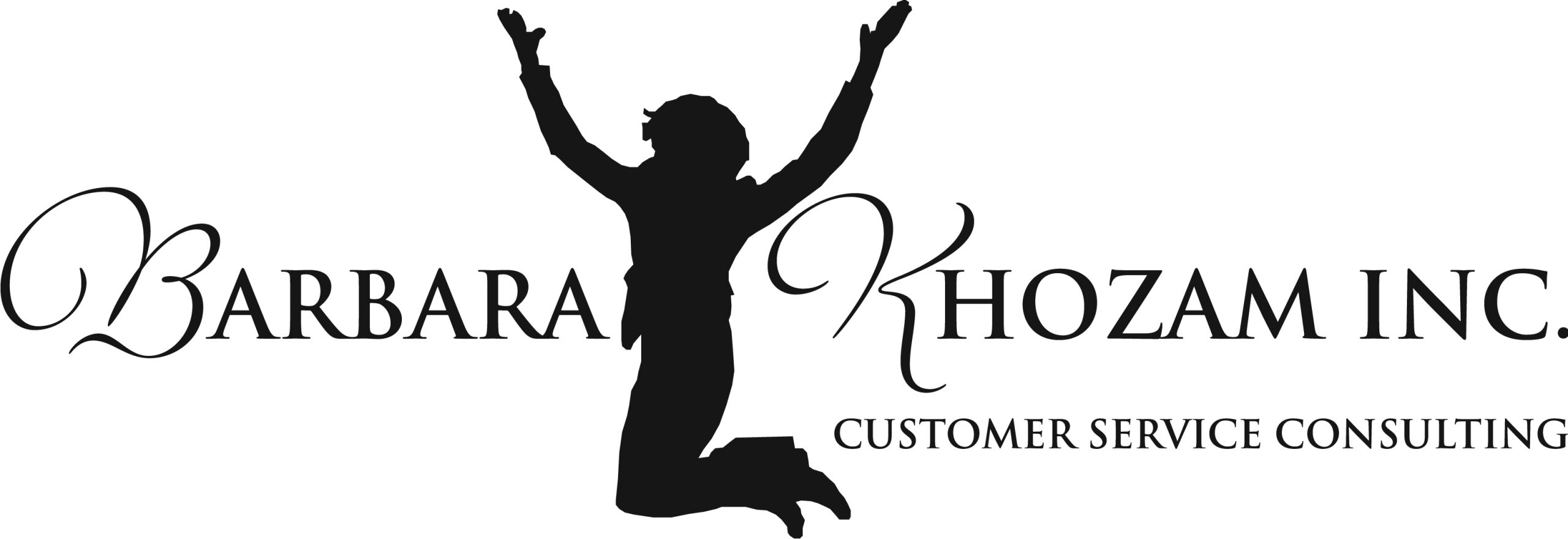The most important component of exceptional customer service is communication, the ability to communicate with consistency, clarity and follow-through. It means not dropping the ball or dropping the problem onto someone else’s lap. Communication is the key to elevating good customer service to exceptional service delivery. The story that follows, which a colleague recently shared with me, illustrates this point.
Real World Story: “We were in the process of buying a home. The plan was that my partner would first sell his rental property, so we’d have a larger down payment for our new home. Within a few weeks of listing the rental property, we were in escrow with a motivated buyer. The sale was going smoothly, so we started looking for a permanent home to buy. Our REALTOR® showed us a handful of properties, and we fell in love with the last home we toured. We put in an offer and it was accepted.
“During this time, we had been renting an apartment through a management company. When the close of escrow was nearing on our first sale, we gave our 30-day notice to vacate to the management company, as the company requires. The two ladies who work in the office on the premises are great. They have always been warm and welcoming and have truly provided us with exceptional customer service. When we handed them our 30-day notice, they said they were sad to see us leave but were genuinely happy that we were buying our own home. They even said not to worry if we needed additional days because they knew that escrow closings can sometimes get delayed. This was great because sure enough our buyer had a glitch on her end, which caused a two-week delay. The ladies in the leasing office of our apartment complex were great. They gave us the two-week extension, so we were good to stay in our apartment two more weeks.
“Then everything fell completely apart. The buyer of my partner’s rental property was now having serious problems finalizing her loan. Her mortgage lender had neglected to fully review her credit report and had not paid attention to a missed payment on an account that the buyer had co-signed for a relative. In working with the company that held that account to clear up the late payment, the company inadvertently closed the account. That ultimately resulted in the buyer having a lower overall credit score. And that resulted in the buyer not being able to qualify for her loan.
“So back we go to let the ladies at the leasing office know that the sale of my partner’s rental property had fallen out of escrow, which caused us to fall out of escrow with the home we were buying. Therefore, we needed to extend our move-out date by at least two more months while we tried again to sell my partner’s rental property and then buy a new home.
“Their response was a bit shocking. ‘I’m sorry, but we’ve already rented your unit. Anyway, you already pushed back your move-out date once before.’ I was speechless—not necessarily because we were about to be homeless, but how accusatory they sounded. I tried to explain how sorry we were, and that we didn’t control escrow. It wasn’t our fault.
“They must have sensed my look of panic, so they said, ‘I will tell you that we have been having some problems finalizing the rental agreement with the applicant for your unit. I have a feeling that they may not follow-through. I will give the applicant a call to see if they are going to finalize the application or not.’ That was at least some good news. I thanked them and asked how long it would be before we would know. It was now Monday, and we were scheduled to be out by Tuesday of the following week. One of the ladies said she would get back to us before the end of the day.
“One day went by. Two days went by. And we hadn’t heard anything back from the ladies at the leasing office. We didn’t know whether or not to schedule movers, a U-Haul and try to rent a storage unit for all our belongings. And what would we do with our dogs? But just in case we had to move last minute, I had already packed away the entire kitchen into moving boxes. We were getting very anxious, but we didn’t want to be overbearing with the ladies in the leasing office. So we didn’t bother them for a number of days.
“Finally, we couldn’t wait any longer. We had to make a plan. I went to the leasing office and politely asked if they had any update for us on whether we could extend our stay or have to move out. ‘Oh, you shouldn’t worry. You still you have plenty of time to move. Unfortunately, the applicant for your unit has submitted additional docs, and it looks like she’ll come through. However, we’re thinking of asking her to choose a different unit. I’ll get back to you soon and let you know.’
“I felt hopeful, but I felt like they weren’t taking the situation seriously. No, we don’t have all the time in the world to make last-minute plans to pack, and haul all our belongs from our apartment to a rental unit at the snap of the fingers, I thought to myself. And what does ‘soon’ mean, anyway? I need to know now!
“Longer story short, we were able to stay in our apartment an additional two months. While I am grateful that the ladies in the leasing office were able to help us out at the last minute, I was disappointed in how nonchalant and noncommittal they were in giving us an answer. This clearly was an opportunity for them to have communicated better—more consistently, with more clarity, and greater follow-through. This experience could have been their opportunity to delivery exceptional customer service, elevating from the previous great service they had to that point delivered. In my mind, this would have been a legendary tale to tell anyone and everyone who would listen to me. Instead, I’m sharing this experience as something short of exceptional service.”
Strategies that Turn it Around:
- Consistency. Exceptional customer service delivery depends greatly on consistency. You may deliver great service 9 out of 10 times, but it’s that one time that will ding your rating! Only one not-so-good experience will damage your great reputation. While it is unfair, bad experiences simply carry more weight.
- Clarity. Using precise language during stressful situations will help you deliver messages with clarity. When you say that you’ll do something soon, what exactly does ‘soon’ mean—within an hour, by the end of the day, sometime tomorrow morning? Be specific and follow-through on that promise, so you don’t leave customers hanging like a loose tooth. No pun intended!
- Follow-through. When you tell a customer that you will call them back by 8am on Tuesday, ensure that you call them back by 8am on Tuesday—not at 10am, not on Wednesday. Even if you don’t have new information, always follow-through on your promises. Doing so will let customers know that you have taken ownership of the problem and are working to find a solution.
Remember: Customers with unresolved problems want to know what is happening to solve those problems once they have made contact with you. They will require that you communicate with them consistently and clearly, following-through on everything you have promised to do. Even if you don’t have a final decision, continue to communicate effectively so they know you have taken ownership of their problem and are working to find a solution. Don’t just keep them guessing.
How does your organization ensure that your staff are always communicating effectively with customers?

